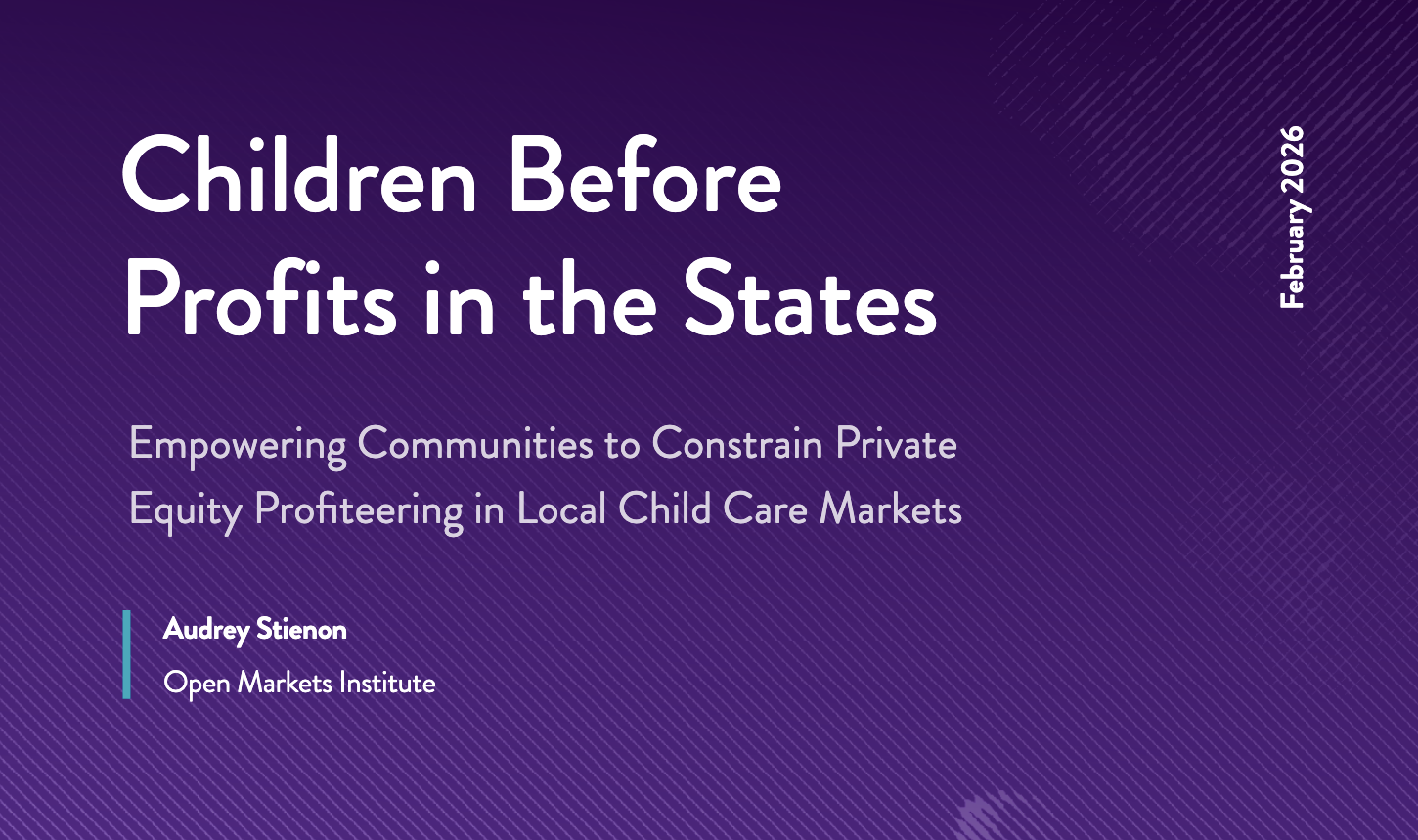Our People » Cori Crider
Cori Crider is a Senior Fellow at Open Markets and the Future of Tech Institute, where she examines ways to reshape digital markets for people and planet.
Previously, Cori co-founded Foxglove, a legal non-profit committed to justice in technology. In just five years Foxglove won the UK’s first legal challenges to biased government algorithms in border control and student grading. Other landmark cases enforced the rights of Facebook and Amazon workers, challenged social media’s role in fuelling violence, and defended public value and patient autonomy in the use of health data.
Her work has been featured in the Guardian, the Times, the Financial Times, the Wall Street Journal, Politico, Wired, and Fast Company, as well as in Madhumita Murgia’s Code Dependent. She has advised on digital policy for Amnesty International and Access Now.
Cori’s earliest work was in national security. She spent twelve years at Reprieve, where she led an international team of lawyers and advocates representing drone strike survivors and Guantánamo detainees. In 2019, she presented The World According to AI, a documentary for Al Jazeera English. Cori holds a B.A. from the University of Texas and a J.D. from Harvard Law School.
The Open Markets Institute alongside Community Change/Action, National Women’s Law Center, and Americans for Financial Reform Education Fund released The Children Before Profits State Playbook, which equips state and local organizers, advocates, and policymakers with practical tools to address the risks posed by the growing role of private equity in U.S. child care markets.
The Children Before Profits State Playbook is a joint project of Community Change, National Women’s Law Center, Open Markets Institute, and Americans for Financial Reform Education Fund. It equips state and local organizers, advocates, and policymakers with practical tools to address the risks posed by the growing role of private equity in U.S. child care markets.
The Open Markets Institute, Balanced Economy Project, Rebalance Now, and SOMO released condemned the European Commission’s decision to allow Google to acquire cloud security firm, Wiz, against expert recommendations for a deeper assessment of the deal.
Legal director Sandeep Vaheesan emphasizes that Europe doesn’t need to copy America’s model to be competitive; it should double down on strong competition policy to avoid the economic imbalances and harms baked into the US approach.
In this issue, we explore the legal and economic impact of OpenAI’s deals to lock up supply of memory chips.
The Open Markets Institute published a blueprint for Europe’s transition towards an open, competitive, and sovereign cloud market, co-authored by Europe director Max von Thun and EU tech policy fellow George Colville.
The European Commission announced a preliminary finding that Meta may have abused its dominant position by excluding third-party AI assistants from WhatsApp. The Commission intends to impose interim measures to prevent serious and irreparable damage to competition. Such measures could include Meta being forced to open WhatsApp to third-party AI assistants. Max von Thun, Director of Europe & Transatlantic Partnerships at the Open Markets Institute, released a following statement.
The Open Markets Institute released a statement led by Max von Thun, Director of Europe & Transatlantic Partnership a preliminary finding that TikTok’s platform design contributes to addictive use and may violate the European Union’s Digital Services Act (DSA) requiring TikTok to fundamentally change to its business model, including disabling addictive features such as “infinite scroll”.
The Open Markets Institute filed an amicus brief in support of the plaintiffs in Reading Hospital v. Hill-Rom Holdings, a case concerning the monopolistic manufacturer of hospital beds using exclusive dealing with health systems to perpetuate its dominance.
In this co-written essay, legal director Sandeep Vaheesan and chief economist Brian Callaci deliver the argument that today’s “state capacity” discourse wrongly blames democratic procedures for government failure, when the real solution is not deregulated, top-down speed but renewed democratic governance that balances effective state action with public participation and legitimacy.










